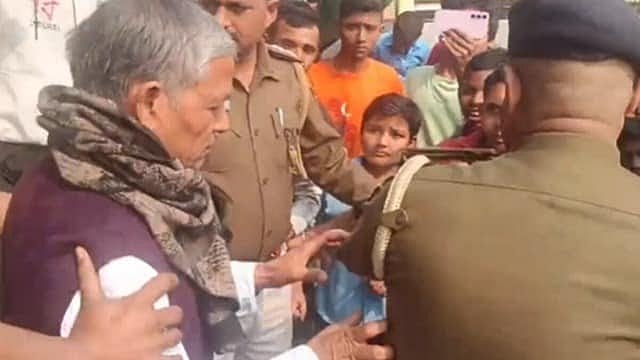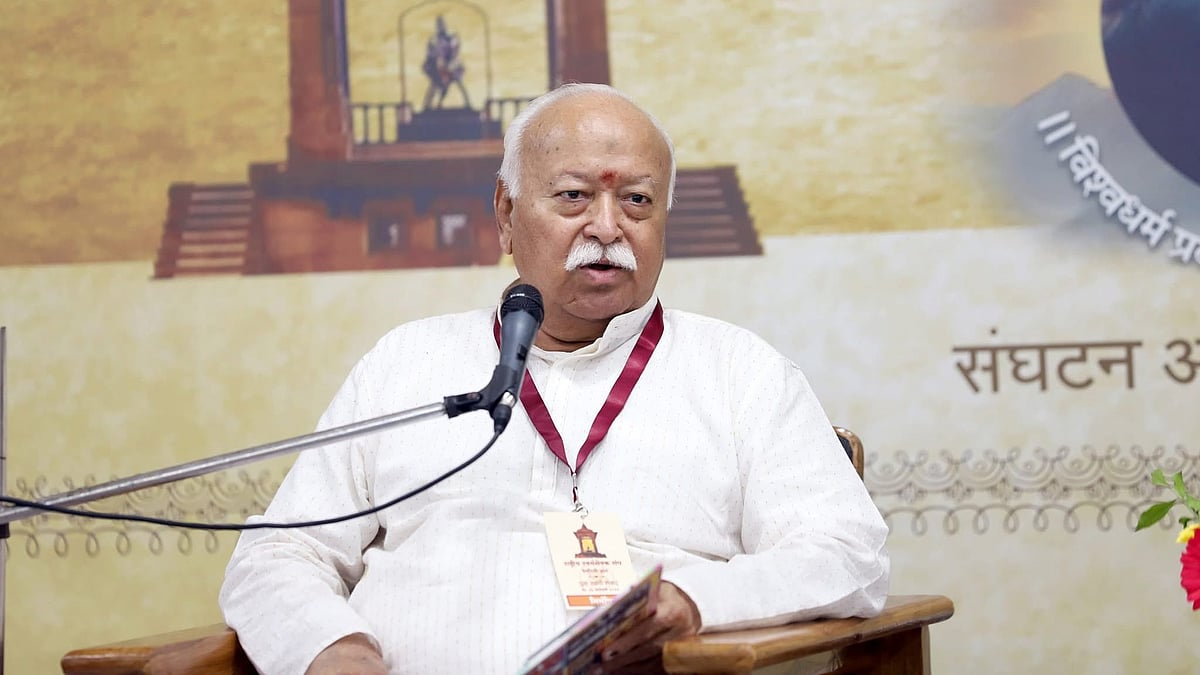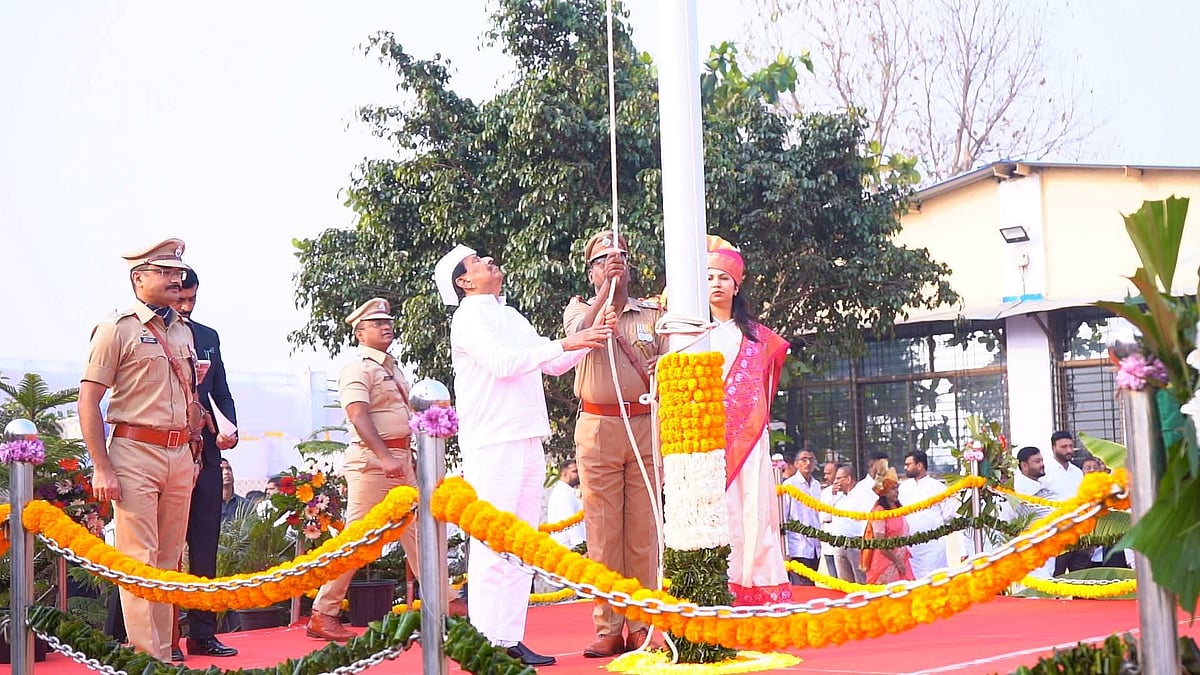From mid-April, like other subordinate courts, the family courts in the state went into a minimal and restricted functioning like they had done last year. Among its many effects has been that of parents not getting proper access to their children and women unable to get due maintenance.
The family courts are now hearing only urgent matters mostly through the virtual mode. At the Family Court, Bandra which caters a huge area from Colaba in South Bombay to Mira Road in the western suburbs and from CST to Mulund in the central line, on a given day only three to four of the seven courts function on rotation. Internet connection issues at any end mean frequent disruption of hearings. Court staff, working at a skeletal 15 percent staff, as required as per the government curbs due to the surge in second wave cases, are still learning the new ways of the virtual courtroom.
How does this affect litigants who approach the court seeking reliefs such as urgent injunctions, visitation rights of a non-custodial parent and maintenance? Advocate Shabnam Kazi says if a couple is living under the same roof and one of them has approached the court for an order to restrain the other from domestic violence, during the pandemic it is not as easy as in normal times to get an injunction. These could be due to procedural issues such as non-service of notice on the other side.
Reliefs such as payment of maintenance in a matrimonial dispute have also suffered, pushing the woman to penury sometimes. With people losing jobs due to the pandemic, courts have had to be considerate when a husband says he is unable to pay maintenance due to unemployment. Besides, there is also the direction from the HC not to pass adverse orders. “There are some husbands trying to take advantage of the situation and delay payment of maintenance. There are others who are genuinely affected by the situation and hence cannot pay,” says Kazi.
There have been cases where those in matrimonial disputes are denied physical access to their child by the custodial parent citing virus fears or lockdown restrictions. Video access is denied too with trivial reasons such as the child being asleep, playing at the time or not agreeing to appear on the call. Sometimes, a custodial parent simply does not have the technical know-how or the devices and facilities required to give virtual access to the spouse. Advocate Kazi shares an instance of last year during the strict early lockdown in April when a mother was denied proper access to her nine-year-old son with whom she wanted to spend time on his birthday. The denial of access to children is resulting in many contempt pleas being filed, she says.
In cases where a child’s custody is contested in a matrimonial dispute, the delay caused by the pandemic-induced circumstances can affect the decision in the case as the child develops distance from the non-custodial parent, she explains. On the other hand, where parties have mutually agreed for a settlement, the inability to file complaints due to pandemic reasons can give either party the time to change their mind, leading to further delays. “This leads to frustration. Cases of marital disputes have increased, but there are also cases where it has given couples the time to save their marriage,” says advocate Kazi.
The pandemic and the resultant lockdown are also being used by some men to gain an edge in divorce battles in which otherwise, they would have lost. Advocate Dilip Teli cites the instance of his client who is being harassed by her husband to agree for a mutual consent divorce by using the lockdown situation. Before the lockdown, the couple lived separately, with the husband having an extra-marital affair and then filing a divorce petition that the wife had contested. Since the lockdown, however, he started residing with his wife in their jointly-owned residence in Dahisar and has not been paying towards their child’s upkeep nor for that of the house, with the intention to exasperate her into agreeing into a mutual consent divorce. “With the evidence we have of his affair, he knows he cannot get a divorce easily and must be advised by his lawyer to try this method,” says the advocate.
Advocate Girish Manurkar says reliefs claimed in domestic violence cases such as that for maintenance, child custody, orders to restrain the husband’s side from evicting a woman from her marital home, rent and alternative accommodation have also been affected.
The case filing hours are reduced too. Sajan Oomen, former three-time President of the Family Courts Bar Association, says that in normal times, 12,000 cases would be filed in a year. Last year, during the pandemic, when courts functioned minimally from March to November, filing of only 20 cases a day was permitted. Online filing of cases is permitted, but is cumbersome, he adds. “Once normal functioning begins, the floodgates will open,” he says.
Advocate Siddhartha Shah suggests that family courts function for normal working hours through the virtual mode, instead of the current one shift of 2.5 hours, making use of technology so that every matter is given equal justice. Judges can work from home and hear matters virtually, he says. Pointing to procedural hurdles that can be avoided during this time, such as the requirement that every notice is served to the opposite party through the court’s bailiff, he says, “Sometimes the bailiff is not available during this time and the matter is stuck at the service stage. This can be done away with by sending an email to the parties as almost everyone nowadays has an email account.”
The delay in marital dispute proceedings affects families and individuals involved in several ways. Heightened stress levels, anxiety, depression, fatigue, lack of sleep and loss of appetite are some of the symptoms litigants experience, says psychologist Arti Shroff. Prolonged custody battles could leave them with a feeling of confusion, guilt or that of a lack of belonging, says Shroff. “Children feel sandwiched between parents and this may lead them to feel resentment towards either or both parents.,” she explains.
Psychologist Jaini Savla recalls how the helplessness of a prolonged marital dispute of seven to eight years had pushed a senior corporate executive to suicidal thoughts. Similarly, she recalls how a four-year-old child who was sent to her for therapy and was torn between two parents in a custody battle, had fears of her mother trying to kill her or take away her brother from her.









